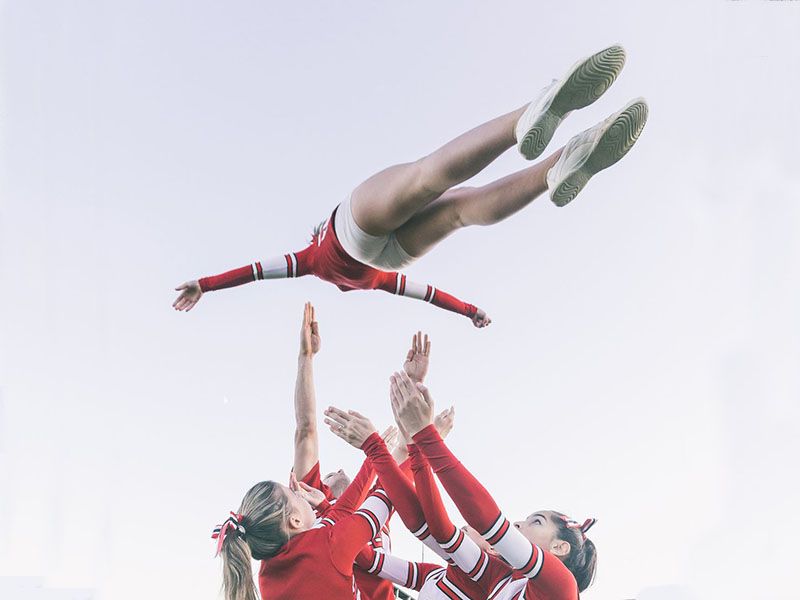Why Do Girls Take Longer Than Boys to Recover From Concussions?

WEDNESDAY, Sept. 25, 2019 (HealthDay News) -- Girls who suffer a concussion while playing school sports are more likely than boys to delay seeking specialty medical care, which can worsen their symptoms and prolong recovery, researchers warn.
That's the upshot from a study of 192 athletes between the ages of 7 and 18.
Senior author Dr. Christina Master said researchers have speculated that teen girls with concussions have more symptoms and longer recoveries than boys due to hormone differences and weaker neck muscles.
"We now see that delayed presentation to specialty care for concussion is associated with prolonged recovery, and that is something we can potentially address," said Masters, a sports medicine specialist at the Children's Hospital of Philadelpia's Center for Injury Research and Prevention.
After a concussion, boys visited a sports medicine specialist in a median period of nine days, compared to 15 days for girls. Median means half did do sooner, half took longer.
On average, it took girls took four days to get back to school and 13 days to resume exercise. Boys, meanwhile, were back at school in three days and exercising in seven.
And researchers said it took girls 68 days to achieve a full neurocognitive recovery, compared with 40 days for boys. Girls also had vision and balance problems for 77 days; boys, 34. And girls took almost three times longer to return to play: 119 days versus 45 for boys.
For athletes of both sexes who sought the care they needed within a week of their concussion, there were no differences in recovery.
But what causes girls to delay getting treatment?
Master said it could be that they have less access to on-site athletic trainer expertise when the injury occurs.
That's because the sports girls tend to do -- such as soccer, basketball and cheerleading -- are considered "moderate risk" activities. Those activities often provide less sideline medical care than the male-dominated sports of football, ice hockey and basketball.
Masters said that "may affect the time to concussion recognition during the first critical hours and days after injury," which may then prolong the search for follow-up care.
The findings are reported in the September issue of the Clinical Journal of Sports Medicine.
More information
Learn more about concussions and sports at Brainline.

The news stories provided in Health News and our Health-E News Newsletter are a service of the nationally syndicated HealthDay® news and information company. Stories refer to national trends and breaking health news, and are not necessarily indicative of or always supported by our facility and providers. This information is provided for informational and educational purposes only, and is not intended to be a substitute for medical advice, diagnosis, or treatment.

